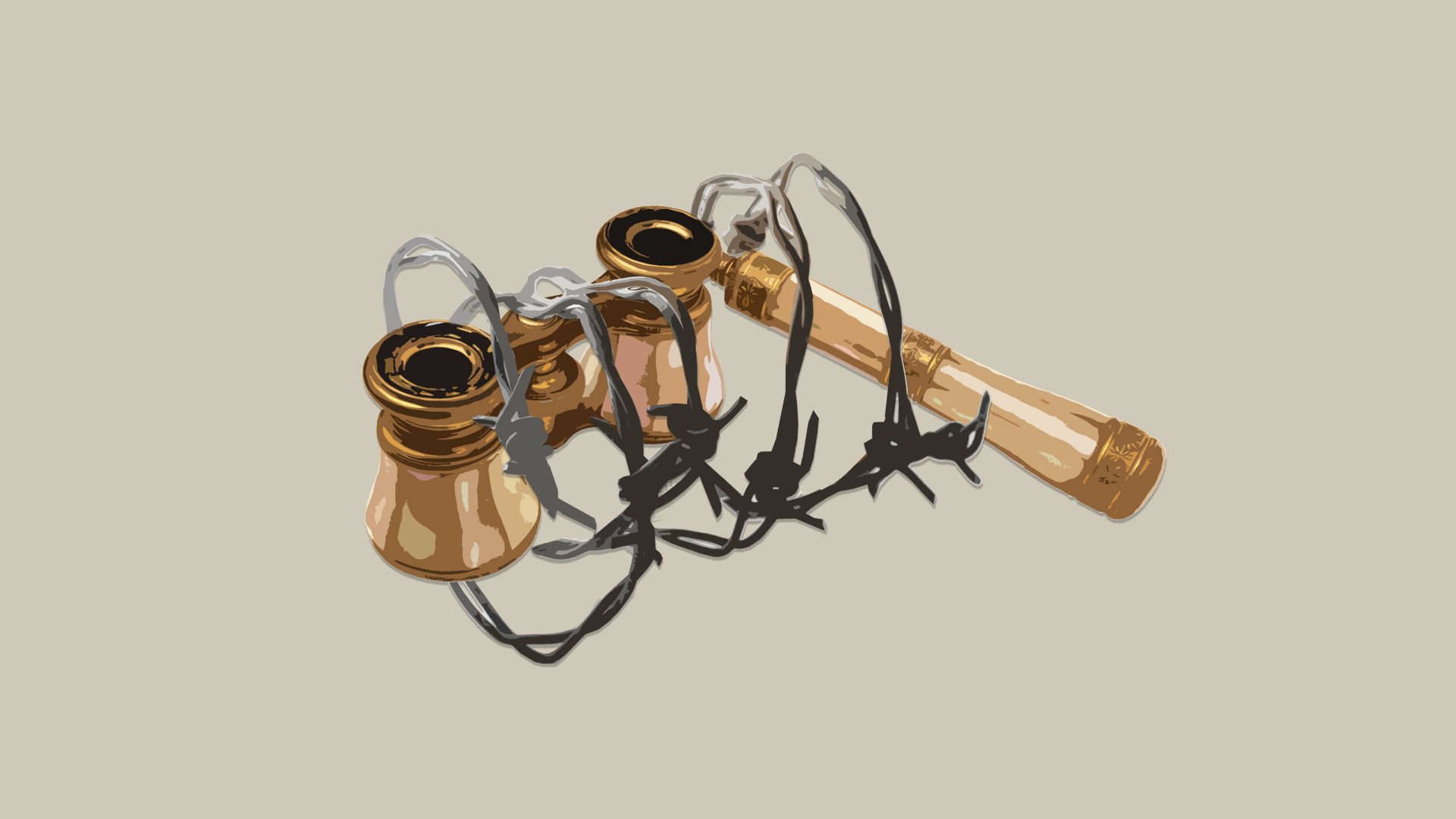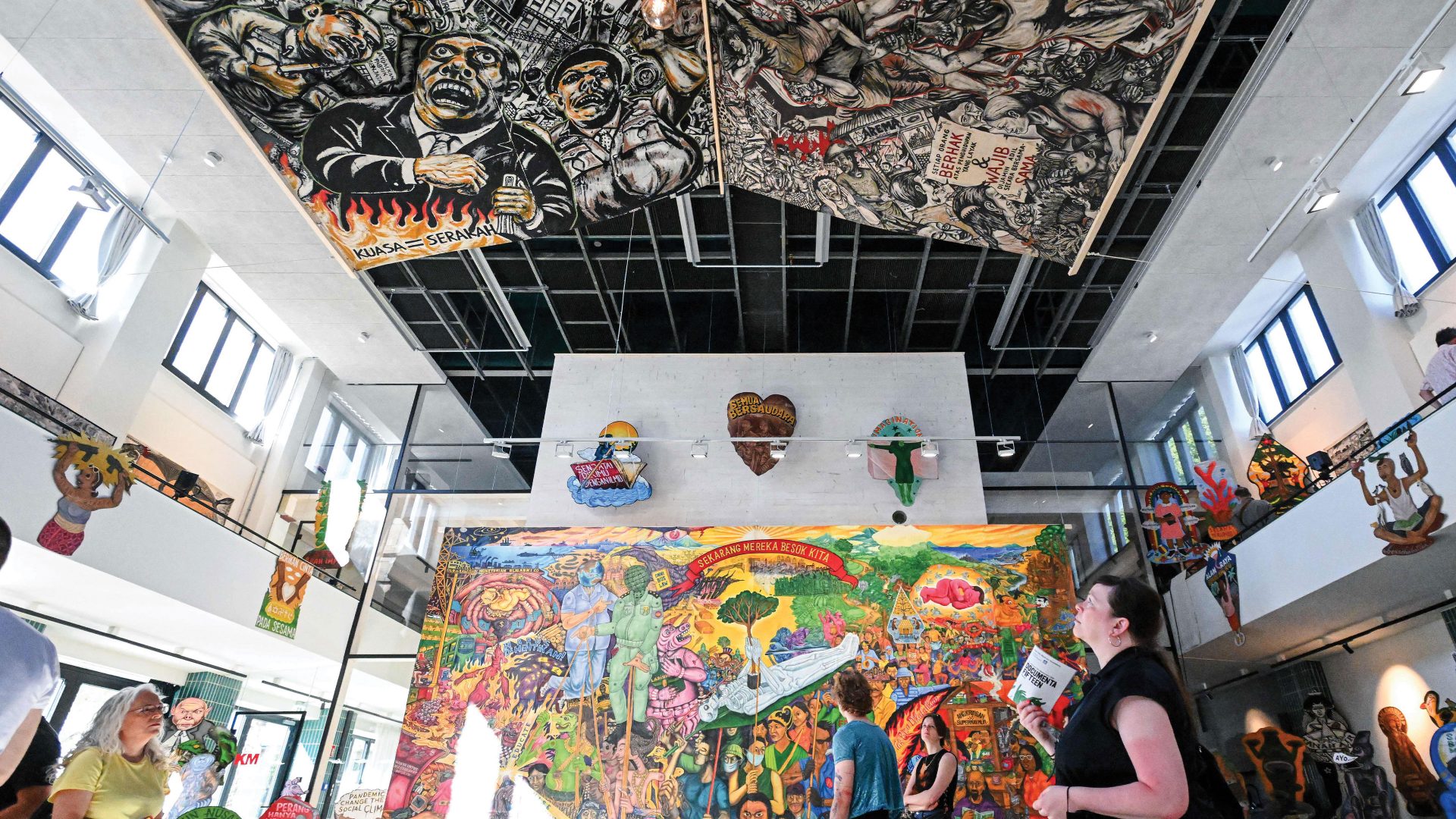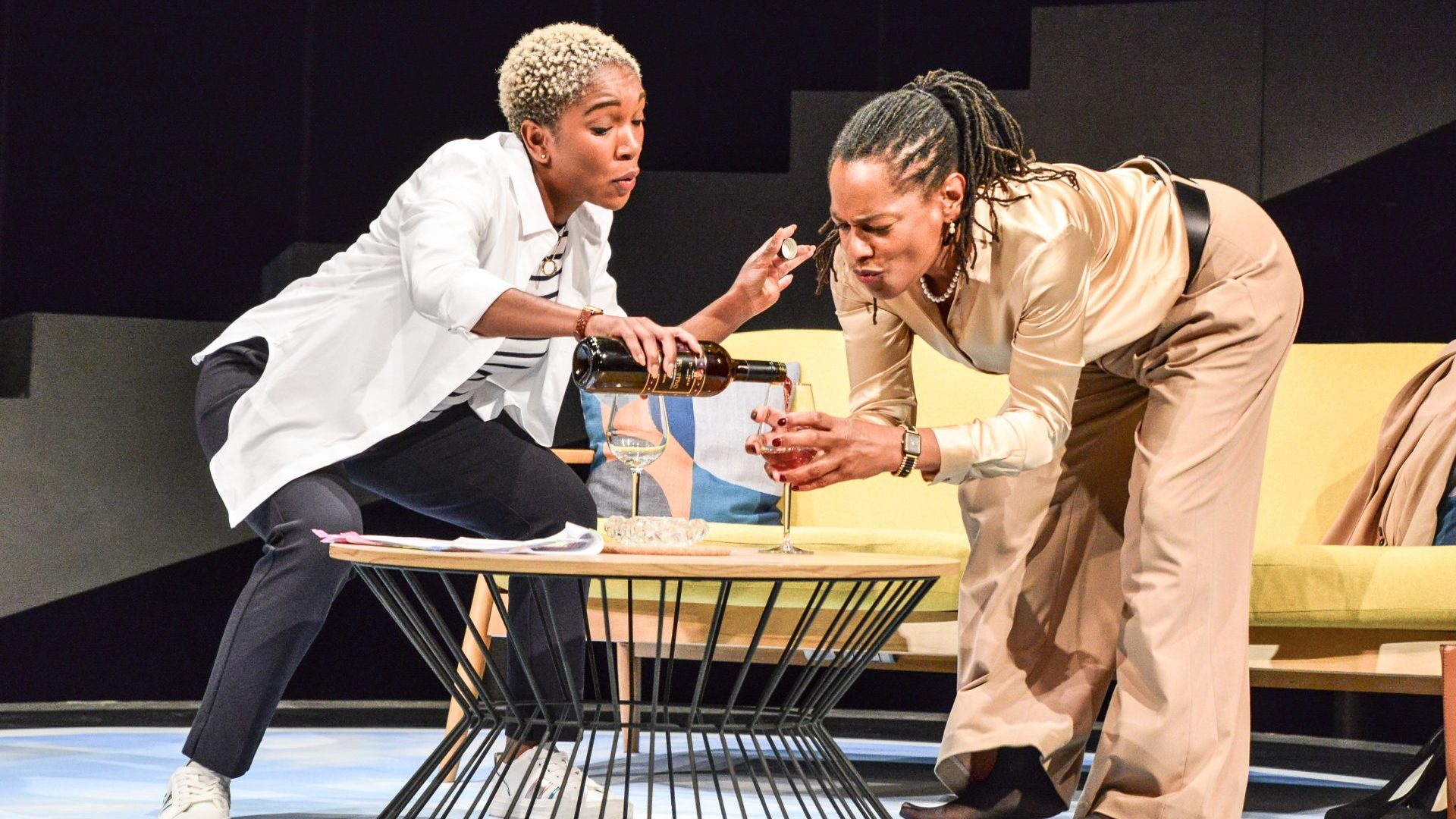Dominic Raab doesn’t think Angela Rayner should have gone to the opera. Calling the former trade unionist single mother a “champagne socialist” for attending Mozart’s The Marriage of Figaro at Glyndebourne, he no doubt wanted to attack her for hypocrisy. In doing so, he exposed his own – and many others’ – misperception that opera is simply a status-signalling day out for poshos.
I confess I didn’t expect Rayner to be pictured going to the opera either – not because I think she shouldn’t, or because those of her background wouldn’t like it, but because politicians go out of their way to present themselves as men and women of the people by ostentatiously talking about football and pints down the pub. If they like opera, they conceal it, and certainly don’t think it appeals to the common voter.
George Osborne is a fan, but visits discreetly. Michael Gove has joined him at the Wagner Festival in Bayreuth, but seeing what his E-bacc has done in reducing teenage music learning in schools, he clearly isn’t bothered about spreading the love across social classes. That lack of exposure is as responsible as anything for the socially elitist image of opera, and the dwindling audience contributes to high prices – although Rayner’s ticket cost £62 and even the Royal Opera has tickets under £20. You watch football for more.
In her viral riposte, Rayner suggested Raab “cut out the snobbery and brush up on his opera. The Marriage of Figaro is the story of a working-class woman who gets the better of a privileged but dimwitted villain.” Composer Howard Goodall said Mozart would have loved to have had Rayner in the audience. Indeed he would. Mozart liked to push boundaries and widen his appeal. After his operas were performed, he reputedly went out to hear street vendors whistling his tunes. He also scandalised Viennese society by having libretti in German instead of the usual Italian – akin to the Bible in English during the Reformation or the Koran in Turkish in the 1960s, opening them up to the unschooled lower classes that can’t be trusted to handle them well.
Figaro is based on a 1778 social satire by the French playwright Pierre Beaumarchais that lampoons corrupt, out-of-touch ruling classes and depicts the lower orders as clever and virtuous. The spectacle of servants rebelling and outwitting their masters was disturbing enough for the European elite for it to be banned in cities including Paris and Vienna. Figaro, and its prequel, The Barber of Seville, which was made into an opera by Rossini, became key texts in the French revolution.
Opera may sometimes be sung in ballgowns, but its tales are full of characters pushed aside by society – from the impoverished artists depicted in Puccini’s La bohème (on which the musical Rent is based) to Manon Lescaut, another scandalous French text turned into opera, this time by Verdi, featuring a young woman pimped out by her brother to unpleasant rich old men who dies when exiled to Louisiana for prostitution. La Traviata, also by Verdi, deals with love, class and social stigma through the tale of Violetta, a “courtesan” pushed away by her gentleman lover’s father. The working classes are central to Benjamin Britten’s Peter Grimes, a fisherman accused of murder, and Ethel Smyth’s The Wreckers – currently at Glyndebourne – which showcases Cornish smugglers.
Opera was first created in Italian city states at the turn of the 17th century, first in the form of private patrician clubs and, around 1637, as commercial performances at the Venice carnival to a mixed audience. Some of those early opera performances across Europe had rowdy audiences who ate and drank as the singers struggled to be heard over the noise. When the Proms began in London as a way to bring classical music to the people, they were asked not to light matches during performances. Italy’s La Scala still has its noisy loggionisti, opera purists in the cheap seats who catcall liberally – they even booed Luciano Pavarotti.
For opera conductor Brad Cohen, the Rayner argument touches on this history, and taps into modern anxiety in classical music as the general public are brought to assume it’s not for them. “From those two strands back in Venice, the patrician strand has become Glyndebourne, the Royal Opera and big state opera companies in Germany where heads of state invite their peers to summits,” he told me. “The carnival strand, which is for-profit opera for a wider audience – has gone to musical theatre and film. The opera that’s just making money has completely disappeared.”
If Angela Rayner standing next to her working-class violinist friend on the lawns of Glyndebourne gives a different social spin to opera, socialist or not, music bosses will be buying her champagne.




